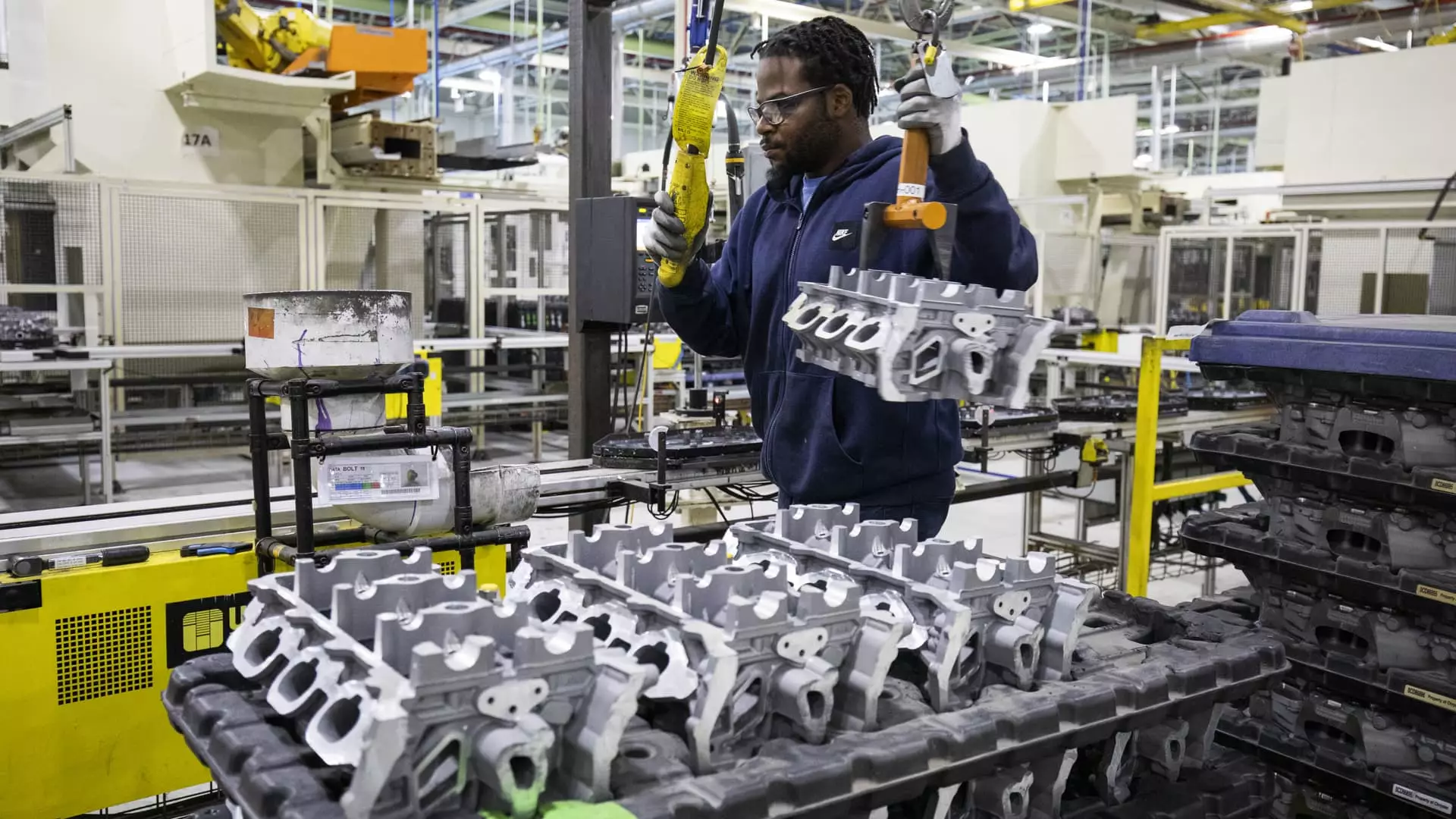In a rare display of solidarity, six influential policy organizations within the U.S. automotive landscape have united against a looming crisis: the implementation of a 25% tariff on auto parts set to take effect on May 3. This coalition—comprising giants like the Alliance for Automotive Innovation and the National Automobile Dealers Association—exemplifies the seriousness of the situation. Their joint letter to the Trump administration is more than just an appeal; it’s a clarion call detailing how these punitive tariffs could very well unravel the fabric of American automotive production, jeopardizing a sector that is not only pivotal to our economy but also integral to the everyday lives of millions.
The Economic Ripple Effect
For anyone who believes that the automotive industry is immune to administrative whims, the letter paints a stark picture of interdependence that needs to be acknowledged. The organizations rightfully point out that many suppliers are already teetering on the brink of collapse; a catastrophic consequence of hasty tariff decisions. It’s not merely an issue of pricing; it’s about the survival of American jobs and the adequacy of supply chains. A single supplier’s failure can initiate a domino effect, leading to production halts and job losses across the board. The letter poignantly draws parallels with the pandemic’s aftermath, where supply chain disruptions have already shown how quickly an entire industry can falter. If anything, this is a moment to reflect on the interconnected nature of industry—where decisions made in one arena can reverberate throughout the economy.
Economic Ignorance at a Cost
It’s baffling to comprehend how such a crucial economic concern could be overlooked by those in power. The automotive industry doesn’t merely contribute to the economy; it sustains about 10 million American jobs and adds a staggering $1.2 trillion into the national coffers every year. Yet, here we are, watching as potential tariffs threaten this very foundation. One has to wonder: how are decision-makers justifying these tariffs when the data suggests a painful outcome? A forecasted drop in vehicle sales and escalating prices only adds fuel to the fire of economic disparity.
More Than just Automakers
What’s even more disconcerting is the ignorance surrounding the broader impacts on the entire supply chain. While automakers such as Tesla and Rivian—who remain outside the purview of this letter—might sidestep some effects initially, the ripple consequences could still be formidable. The tariffs don’t merely ensnare major corporations; they also ensnare small businesses, mechanics, and countless employees whose livelihoods depend on a thriving automobile ecosystem. This isn’t just about automakers’ back-end profit margins; it’s about the front-lines—mechanics, dealerships, and factory workers who stand to lose everything if tariffs create an untenable production environment.
Urgent Call for Reevaluation
The letter aptly references President Trump’s prior willingness to consider easing tariffs for other sectors like electronics and semiconductors. If there exists a moment for the administration to enact the same goodwill within the automotive sector, now is that moment. The risks posed by abrupt tariff implementations cannot be overstated. Trump’s recent comments about potentially “helping” auto companies by providing extended timelines for transitioning parts to domestic sources are promising, but they warrant immediate action rather than hollow promises.
The automotive industry has long stood as a beacon of innovation, production, and job creation in the United States. As these tariffs loom, it challenges not just the economic stability of an industry but the very essence of American manufacturing prowess. What is at stake is nothing less than the livelihood of countless families and the sustainability of a sector that shapes the American landscape. It’s time for a clearer understanding of the stakes involved and a decisive re-evaluation of policies that threaten to undermine the backbone of American industry.

Leave a Reply